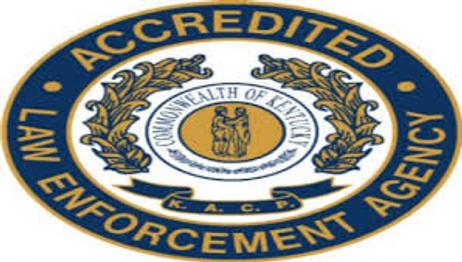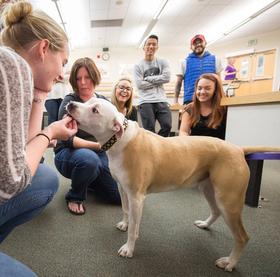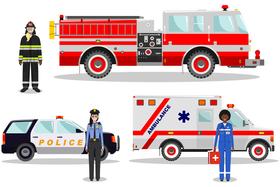Criminal justice is a broad field that encompasses a number of in-demand jobs. Whether you want to become a uniformed police officer, investigator or another professional in criminal justice, the job begins with the right training to land an entry position. Many community colleges are now offering a variety of criminal justice programs to help individuals launch their careers in this exciting, rewarding field.
What is Criminal Justice?
According to World Wide Learn, criminal justice is a "social science that attempts to identify and explain the patterns of criminal behavior and to analyze society's ability to control crime and delinquency." Criminal justice encompasses many fields of study, including psychology, law, and public administration. A degree in criminal justice prepares graduates for a variety of careers in law enforcement and crime prevention.
As the world's population continues to increase, there will be a steadily increasing demand for individuals to work in criminal justice. The Criminal Justice USA states, "As Americans grow to become more security and safety conscious, the demand for law enforcement units and corrections units will increase, especially in areas of high population density." Communities will always need law enforcement officials, and larger populations will exhibit a greater demand in this area.
Whether you are a high school graduate in search of a career path or a seasoned professional looking for a recession-proof industry, criminal justice might be the right choice for you.
This video offers an overview of the law enforcement training program at Surry Community College.
What is the Job Like?
Criminal justice careers vary considerably, based on the type of job you are seeking. The Bureau of Labor Statistics lists some of the following positions under the criminal justice umbrella:
- Police officers and detectives are responsible for the protection of lives and property by pursuing individuals who break the law and providing warnings or issuing citations. Jobs are categorized by city or community, county, state, and federal agencies.
- The Department of Homeland Security encompasses a number of different responsibilities through a variety of agencies, such as border patrol, customs inspectors, and air marshals.
- The Federal Bureau of Investigations (FBI) is responsible for investigating violations of federal law, which includes a broad range of criminal activities.
- Fish and game wardens enforce hunting, boating, and fishing laws and conduct search and rescue operations when necessary.
In addition to these primary jobs in criminal justice, support positions are also available. According to GoLawEnforcement.com, some of these support positions might include:
- Evidence technicians
- Firearms examiners
- Intelligence analysts
- Investigative assistants
- Crime lab technicians
- Hand writing examiners
By pursuing a degree in criminal justice, you can open the door to a wide range of career possibilities. However, most degree programs offer an area of specialty, so you can prepare for a career in the specific field of your choice.
This video offers an overview of the police training program in California community colleges.
Training Options in Criminal Justice
While some individuals pursue a career in criminal justice right out of high school, increasing competition for the available positions means that extra education goes a long way in ensuring a job and advancing in one's field. Because the industry offers many job prospects, community colleges are getting into the criminal justice act, offering a range of degree programs in this field to train the next generation of police officers and investigators.
Some students find that financial aid is a likely prospect in the area of criminal justice. According to the Bureau of Labor Statistics, many agencies pay all or part of a student's tuition to earn a criminal justice degree. The same agencies may also offer a higher starting salary to those individuals who receive a degree prior to application for a job in their organization.
Law Enforcement Training in Community Colleges
For students interested in pursuing a criminal justice degree in the state of Florida, Valencia Community College offers a Criminal Justice Institute. Students who attend the institute receive world-class training in a state-of-the-art facility designed to cultivate the next generation of law enforcement professionals and correctional officers. The school is certified by the Florida Criminal Justice Standards and Training Commission and primarily trains individuals for the justice agencies in Orange County.
Valencia Community College is just one example of criminal justice programs available at local campuses. To ensure you are well prepared for a career in this field, a degree program will help you land your first entry-level position, as well as advance more quickly in your career. There is always a demand for law enforcement and correctional officers across the country, and a degree in this area will be the perfect starting point for a stable, rewarding career in criminal justice.
Questions? Contact us on Facebook. @communitycollegereview















